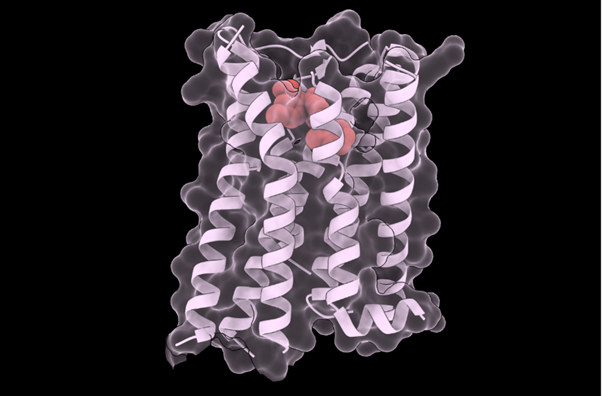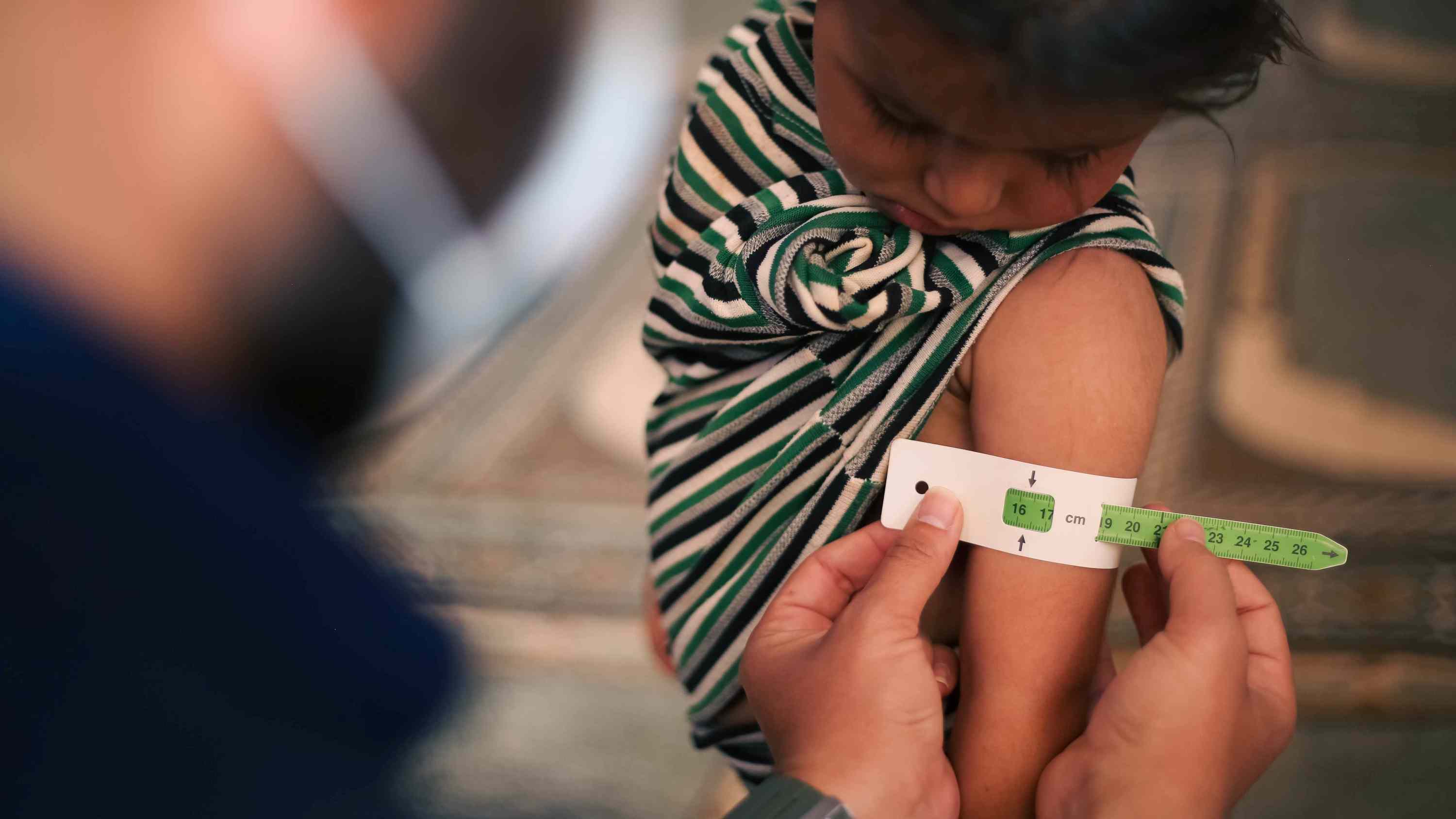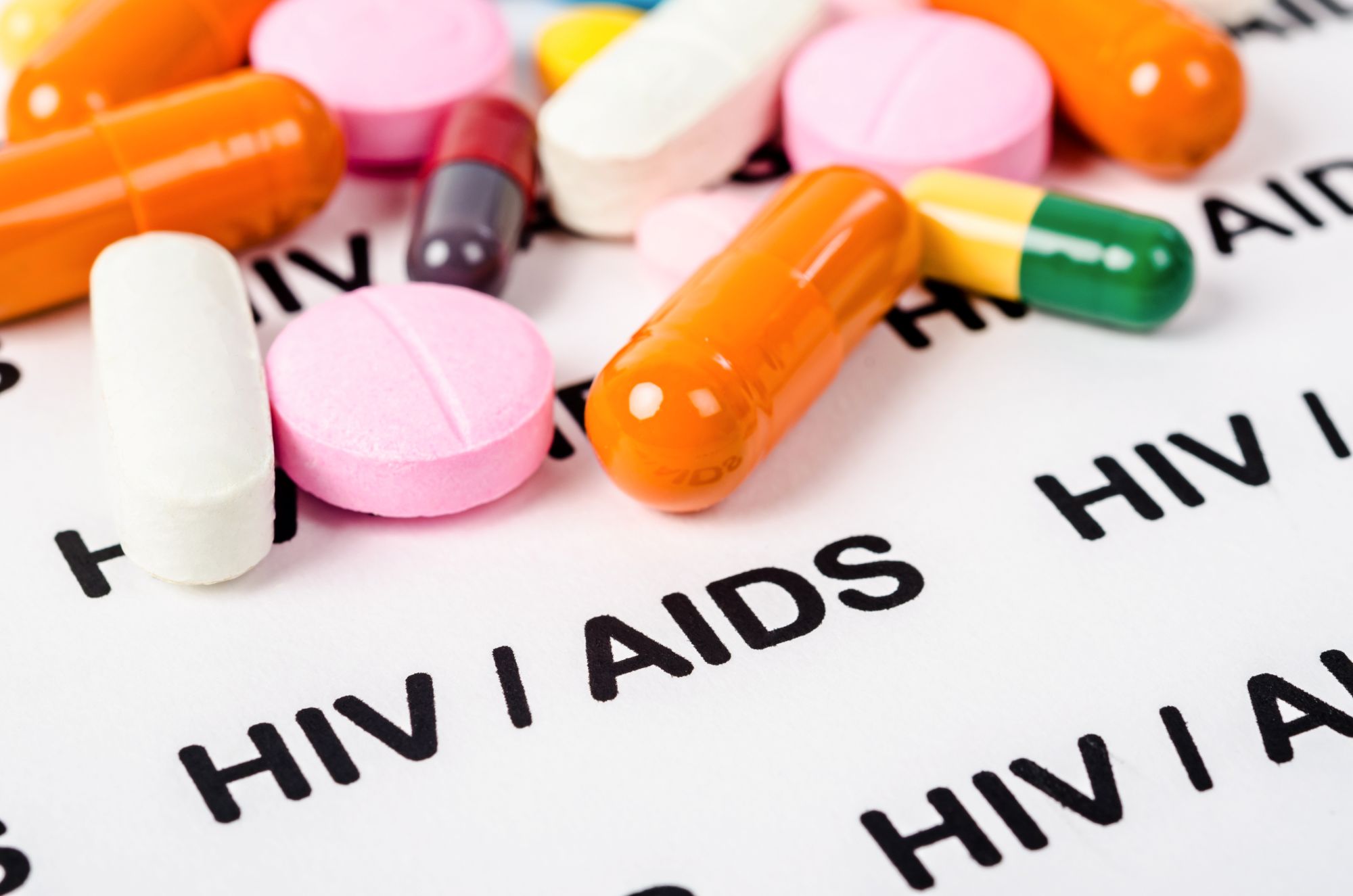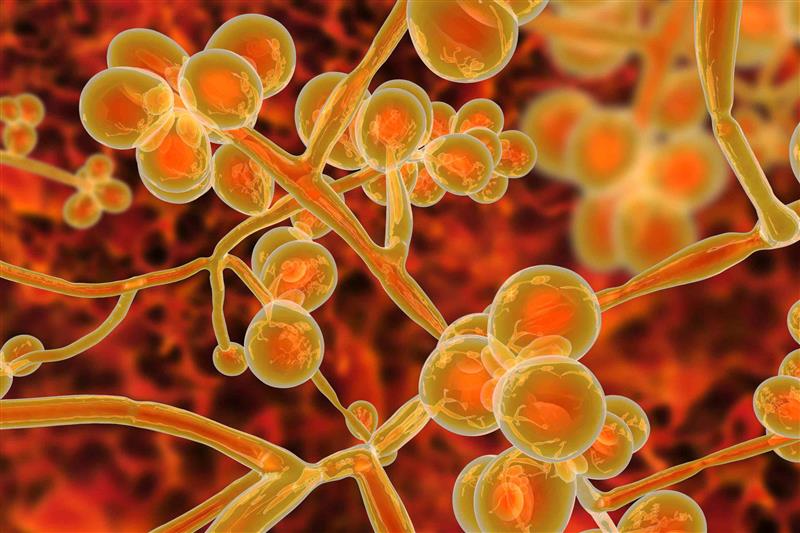Controversy over the Trump administration's proposal of leucovorin as a treatment for autism
At a press conference at the White House on Monday, Donald Trump and health authorities linked the use of paracetamol during pregnancy to cases of autism. They also recommended leucovorin as a treatment for autism. Immediately afterwards, the US Food and Drug Administration (FDA) announced in a press release that it had begun the approval process for calcium leucovorin tablets for patients with cerebral folate deficiency. “People with cerebral folate deficiency have been observed to have developmental delays with autistic characteristics, seizures, and movement and coordination problems,” they said. The update on the use of the drug, discussed by the scientific community, will authorize the treatment of children with autism spectrum disorder.









